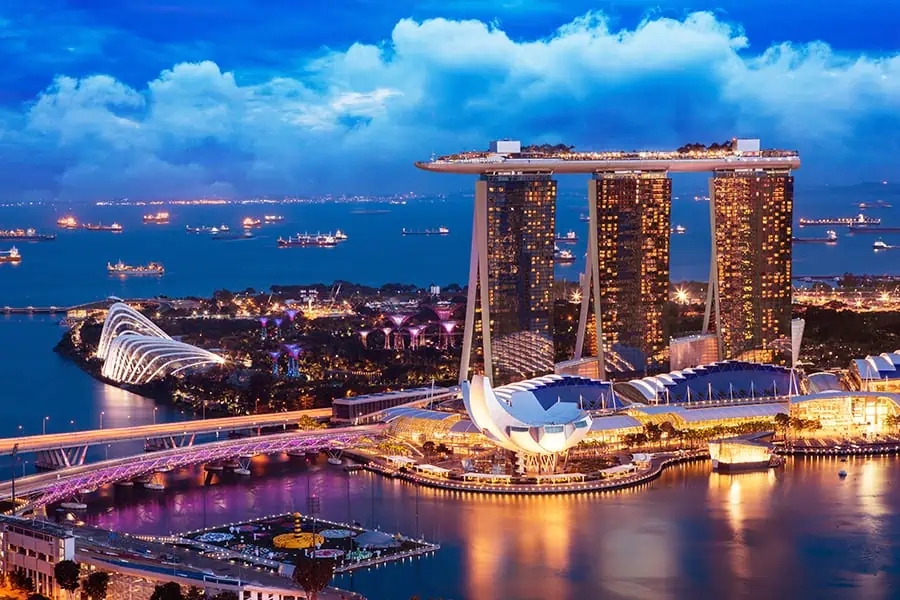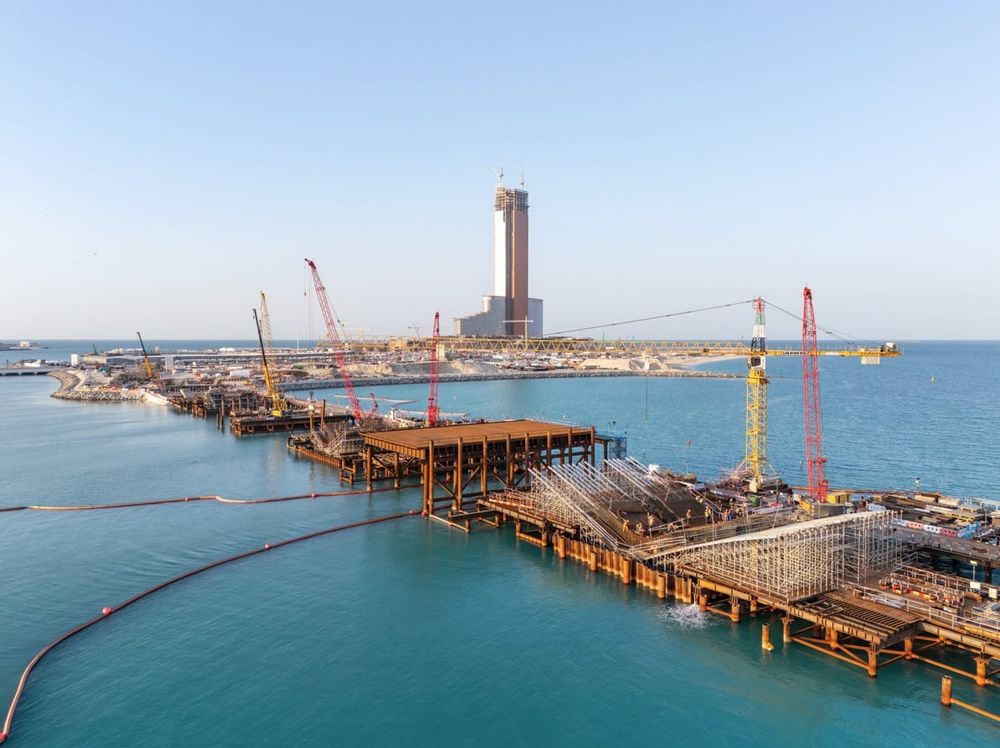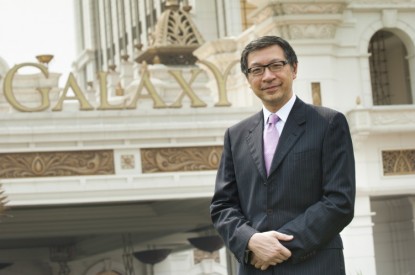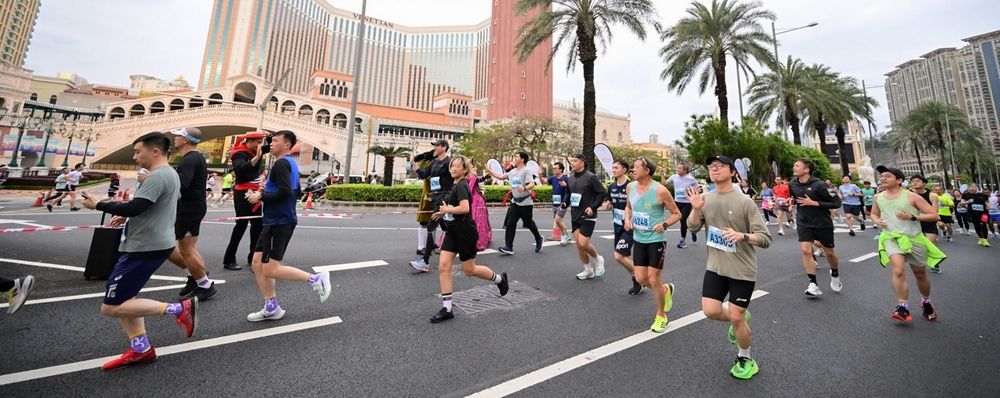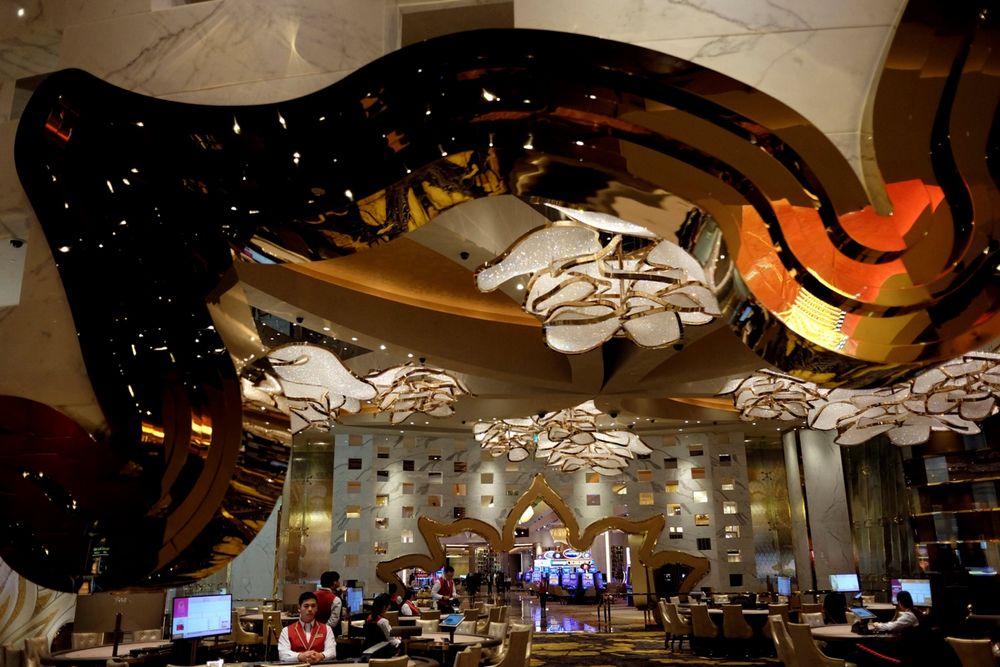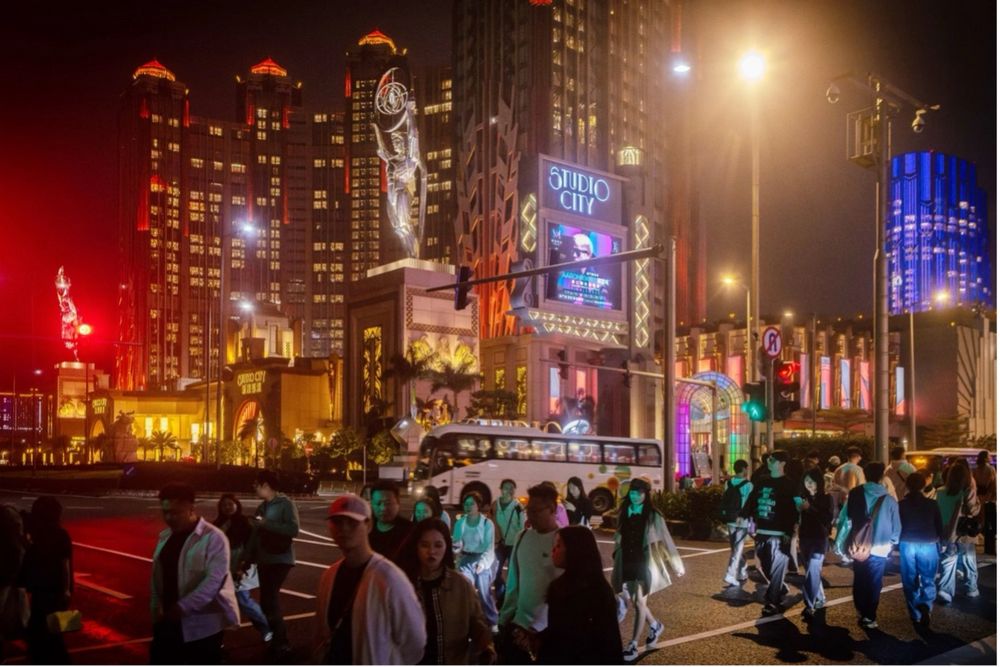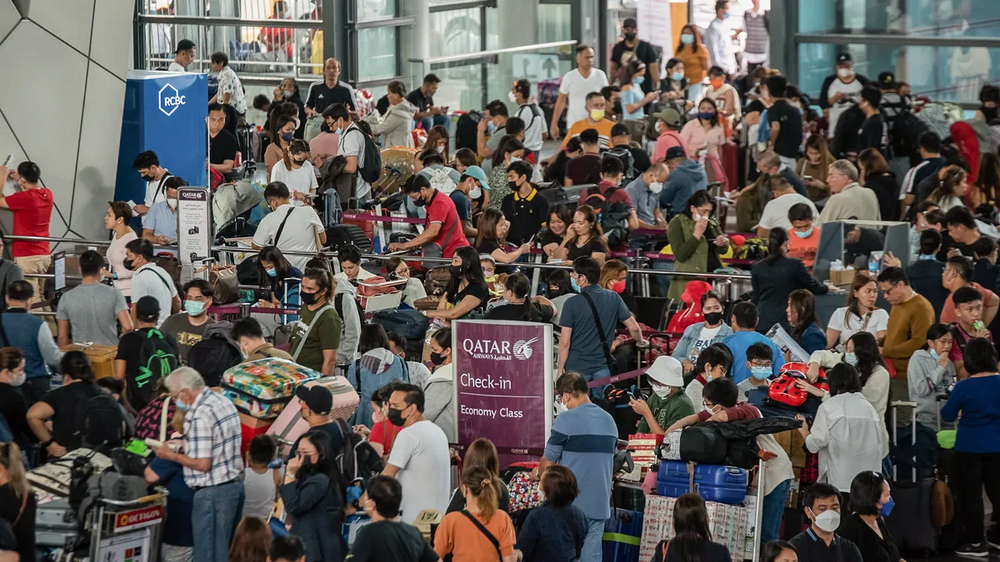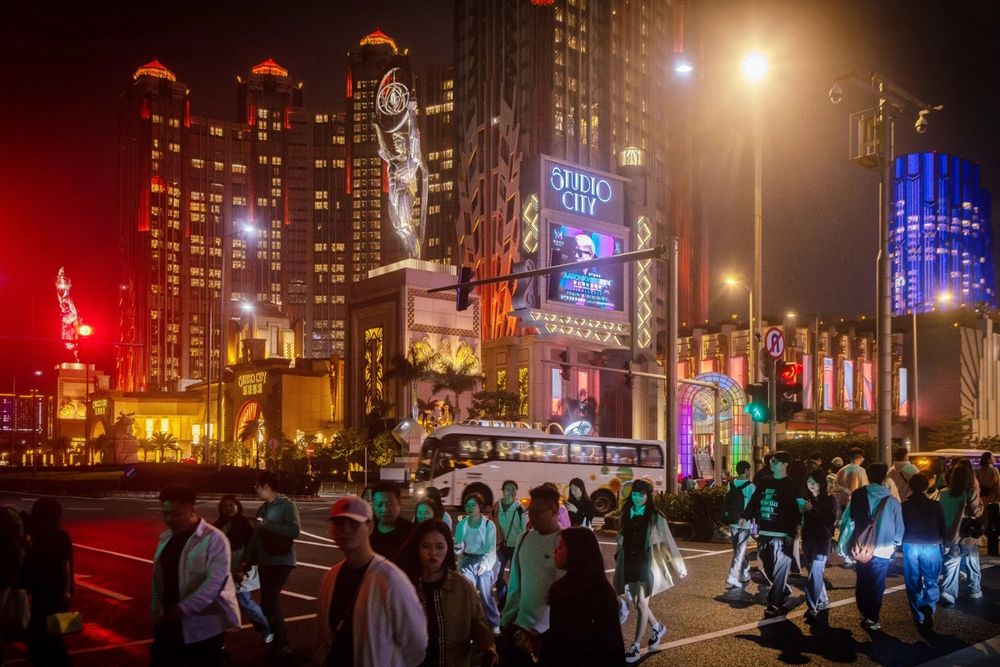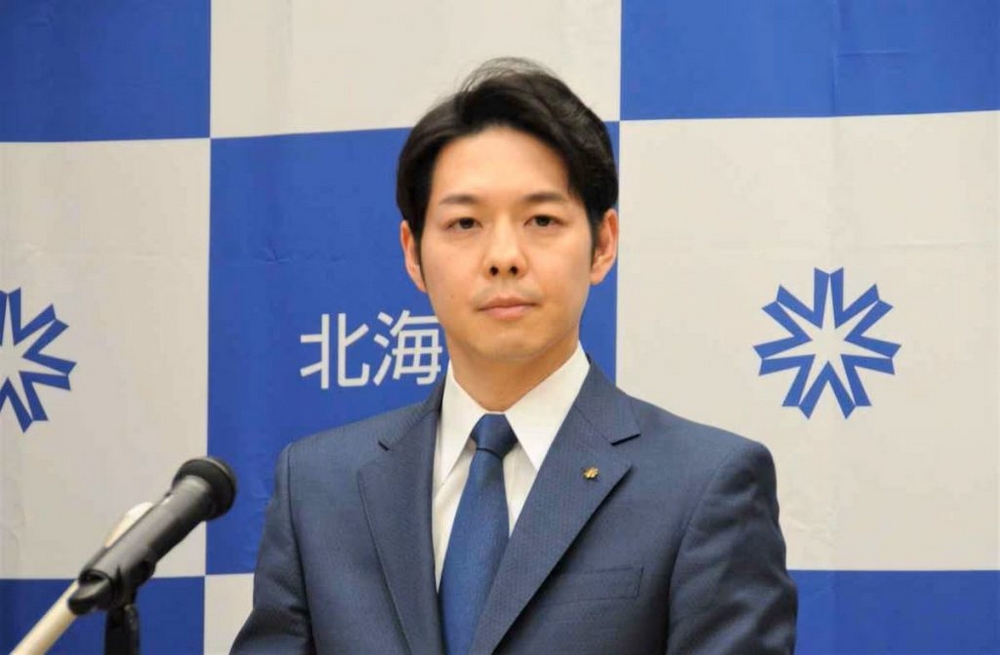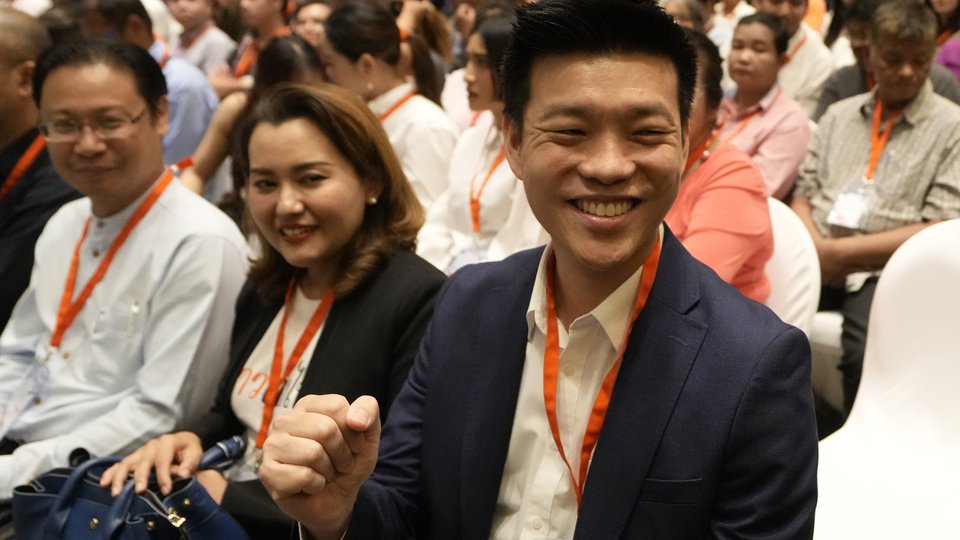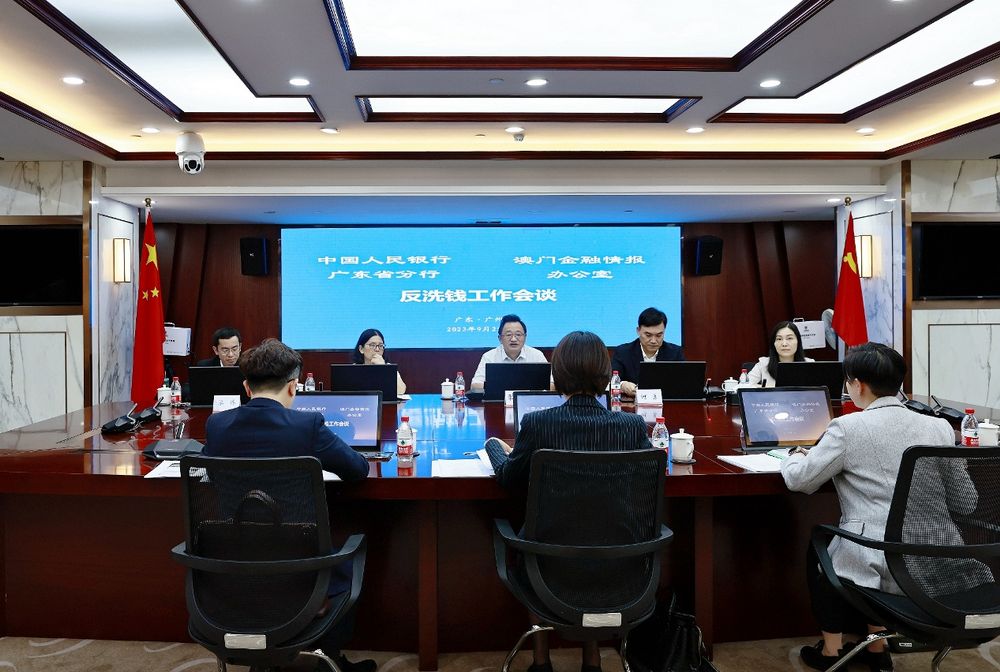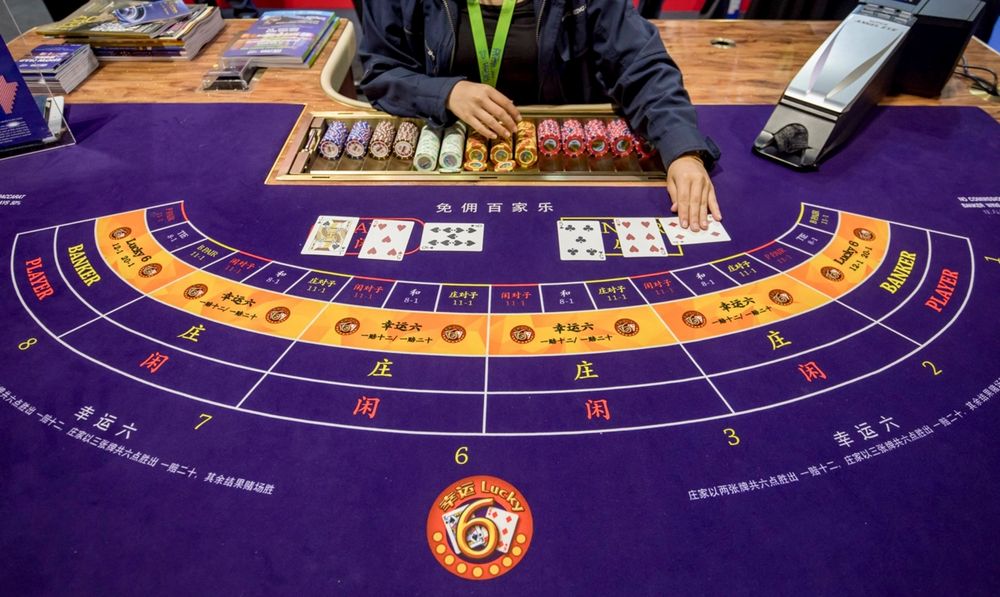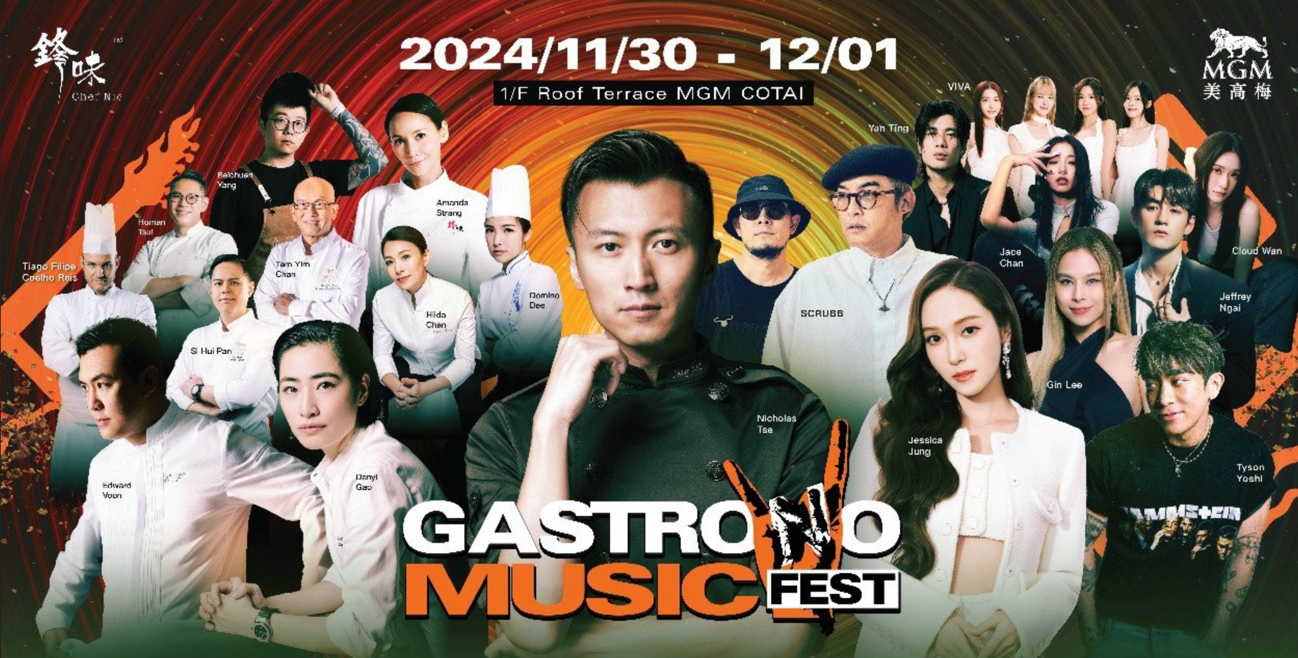Lui Che Woo, the Hong Kong tycoon whose fortune grew alongside neighboring Macau’s casino industry, has died. He was 95
Lui was born on Aug. 9, 1929, in the city of Jiangmen in China’s Guangdong province, just north of Hong Kong. In 1934, the family crossed into the then-British colony to flee the war-torn mainland. Relatively well-off at the time, the family lost its fortune after the Japanese military invaded Hong Kong in 1941.

Lui graduated from a primary school in the Yau Ma Tei area of Kowloon but dropped out in the first year of secondary school because he didn’t want to study Japanese, he said in a 2019 interview with the public broadcaster Radio Television Hong Kong. At 13, he started to help support the family, which grew to include five sisters, by selling Chinese baked goods.
He made his first fortune after World War II buying surplus US construction equipment in Okinawa and importing it to Hong Kong, which was undergoing a building boom as people fled the turbulent mainland. In 1955, he founded K. Wah Group, quarrying construction materials.
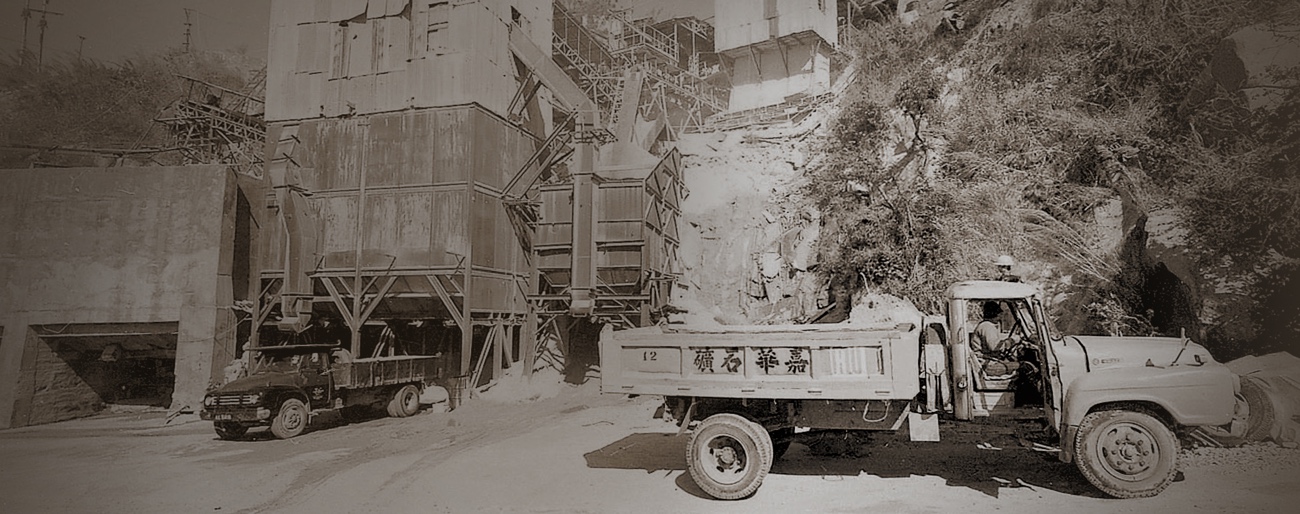
He invested the profits he made from construction into residential property development and, later, hotels in Hong Kong. In 1979, he began building his first, originally a Holiday Inn and later rebranded as the InterContinental Grand Stanford. The InterContinental was built for HK$300 million ($38 million); by the 1990s, the hotel was valued at more than HK$1 billion and became the group’s flagship.
Casino Magnate
In 2002, Lui ventured into the gaming industry in collaboration with Adelson’s Las Vegas Sands Corp. Within a year, however, they split the gaming license and went separate ways after falling out over strategy: Adelson wanted to recreate Las Vegas in China, while Lui wanted to cater more to Asian tastes. That meant, among other things, Chinese restaurants and clear signs for exits and entrances. His son, Francis, said in a 2006 interview with Next Magazine that his father compared American casinos to mazes.
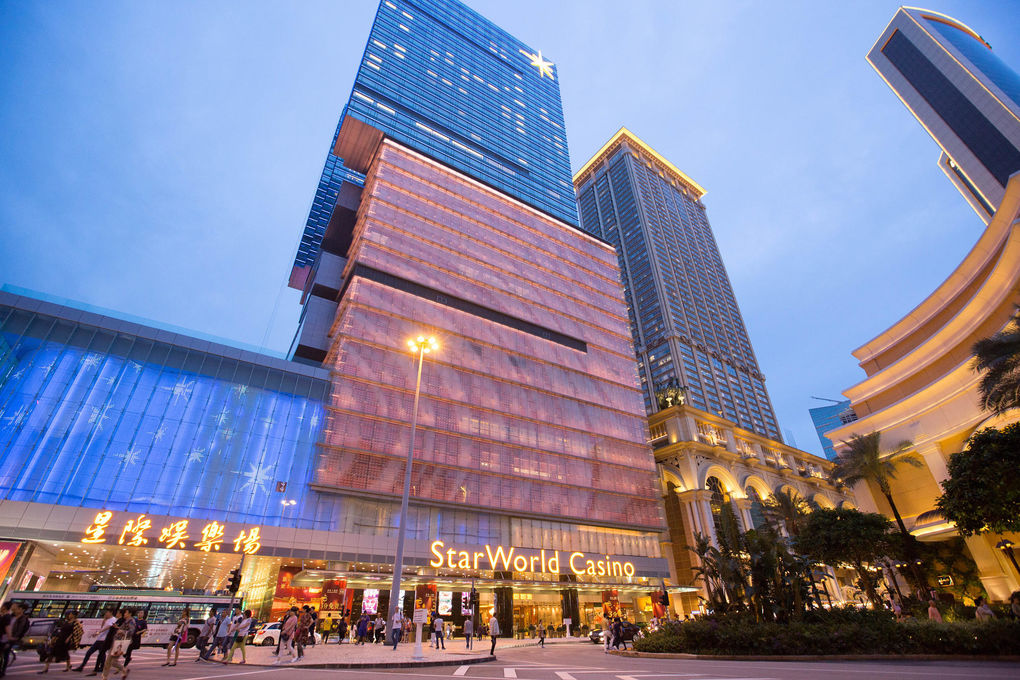
The spectacular growth in Macau casinos was fueled by rising interest from mainland Chinese gamblers. Macau casino revenue hit $44.7 billion in 2013 — almost seven times that of the Las Vegas Strip. Revenue dropped off significantly, however, during the Covid-19 pandemic, when China’s travel restrictions kept tourists away.
Galaxy bought shares in Wynn Resorts Ltd. after Steve Wynn stepped down as chairman.
K. Wah Group operates across mainland China, Hong Kong, Macau, Southeast Asia and the US. The group had a stake in San Francisco-based Stanford Hotels, which owned a group of Hiltons, Sheratons and Marriotts in the US.

“His vision, tremendous leadership and guidance were the foundations for the group’s development and continued success,”
Lui had an estimated net worth of $14.5 billion, according to the Bloomberg Billionaires Index, making him one of the richest people in Hong Kong.
He built his empire in what became the world’s biggest gambling hub from scratch, competing with industry veterans including Steve Wynn and Sheldon Adelson. He won a gaming license in 2002 when the former Portuguese colony’s government ended a 40-year monopoly held by Stanley Ho, the so-called King of Gambling, who died in 2020.
Lui started his first resort, StarWorld Macau, in 2006 before opening the Galaxy Macau in the Cotai area, Asia’s version of the Las Vegas Strip, in 2011. “Don’t just think, ‘Oh, he’s got so rich!’ You don’t know how many obstacles he’s had to go through.











